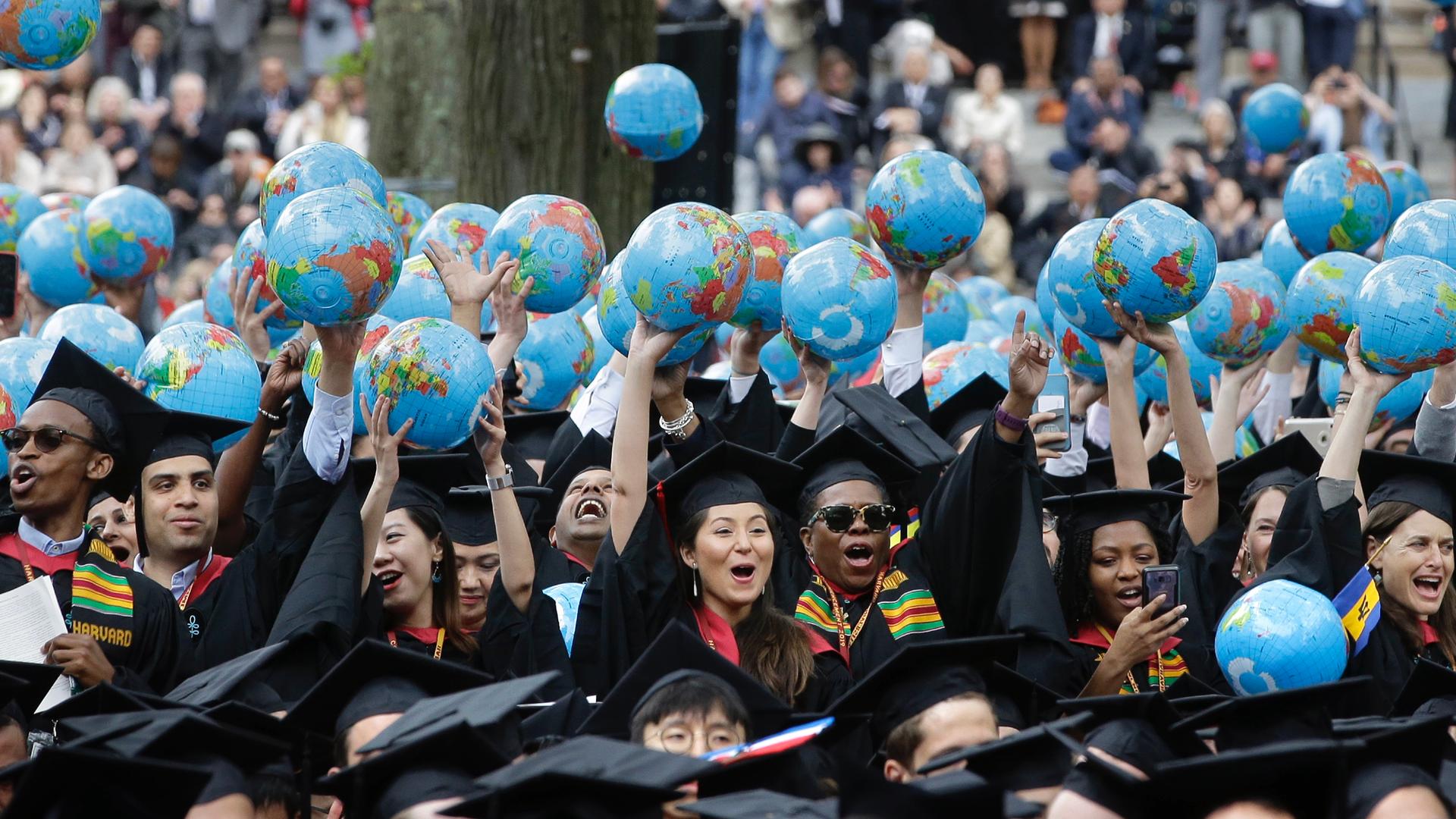Education
Venezuela’s public sector workers take on multiple side jobs just to get by
To supplement their meager wages, many government workers in Venezuela are turning to side hustles that include driving taxis, baking cakes, selling clothes or taking care of pets. And that’s having an impact on the quality of public services.
University of California votes to not allow undocumented students to work on campus, for now
Undocumented students have been lobbying the University of California for the right to work legally on campus for more than a year. They argue that the UC’s 4,000 students who are not US citizens still need a way to earn a paycheck and get the same kind of academic work experiences that their peers do. But, federal immigration law prohibits hiring anyone without work authorization. And last week, UC regents voted against changing hiring rules. From San Francisco, KQED’s Madi Bolaños reports.
Afghan student struggles with adjusting to life in the US
Many women saw no future for themselves in Afghanistan when the Taliban took over. So, when offered a chance to leave, many took it. Reporter Rebecca Rosman meets a young Afghan student. Unfortunately, her temporary status in the US is a constant shadow, as she can’t go home again.
New Russian high school history textbook blames West for war in Ukraine
This coming school year, high school students in Russia will receive new history textbooks. They offer a rewritten rendition of Russian history that reflects the Kremlin’s narrative about the war in Ukraine. The textbooks are part of a wider effort by the state to tighten control over the flow of information.


